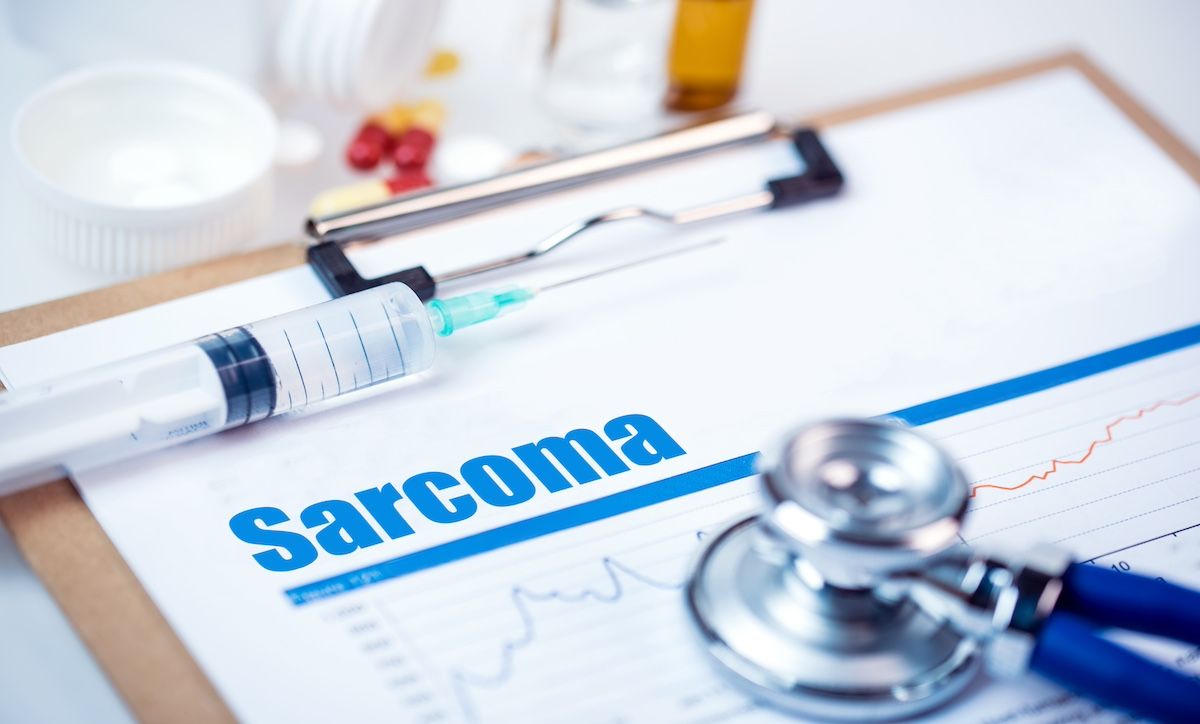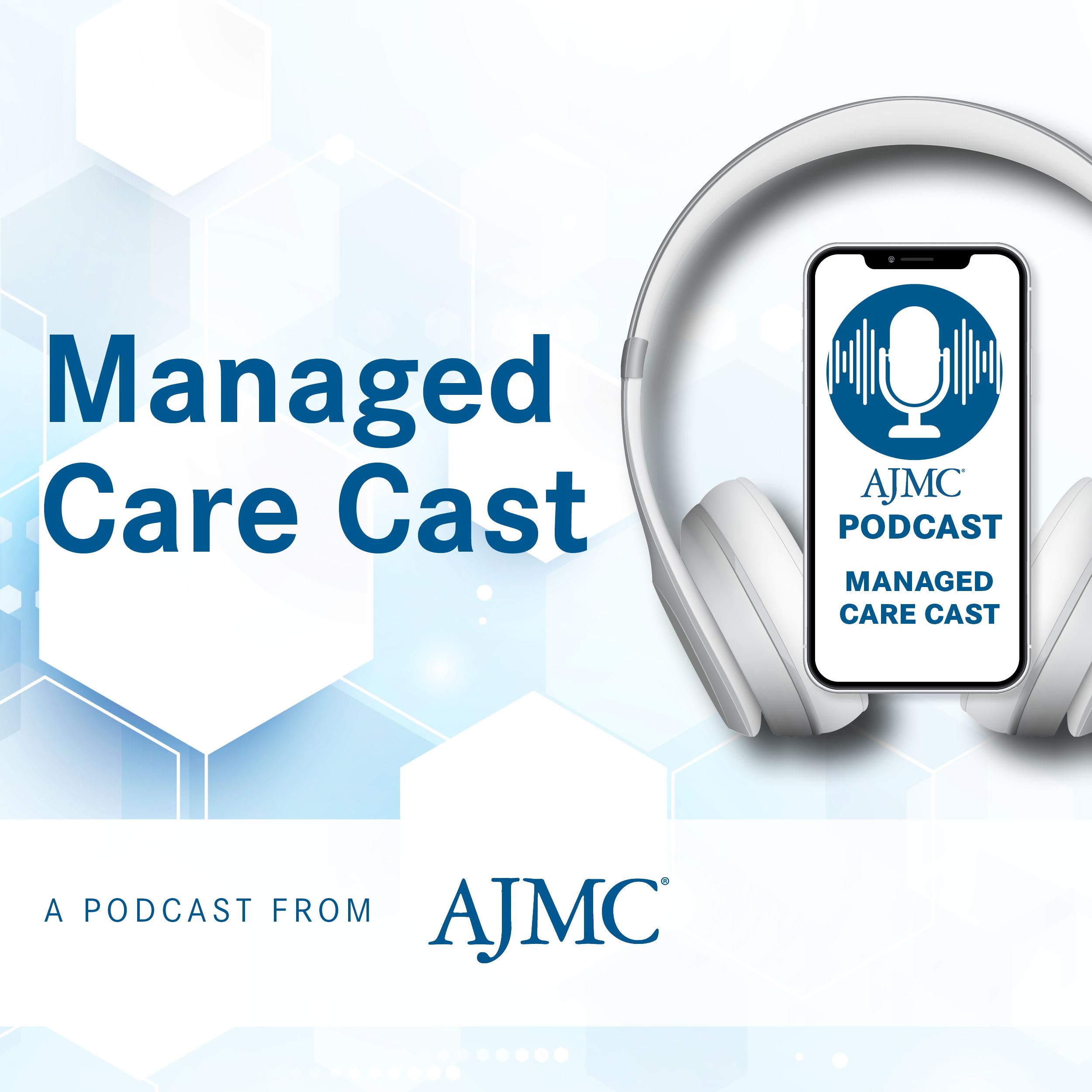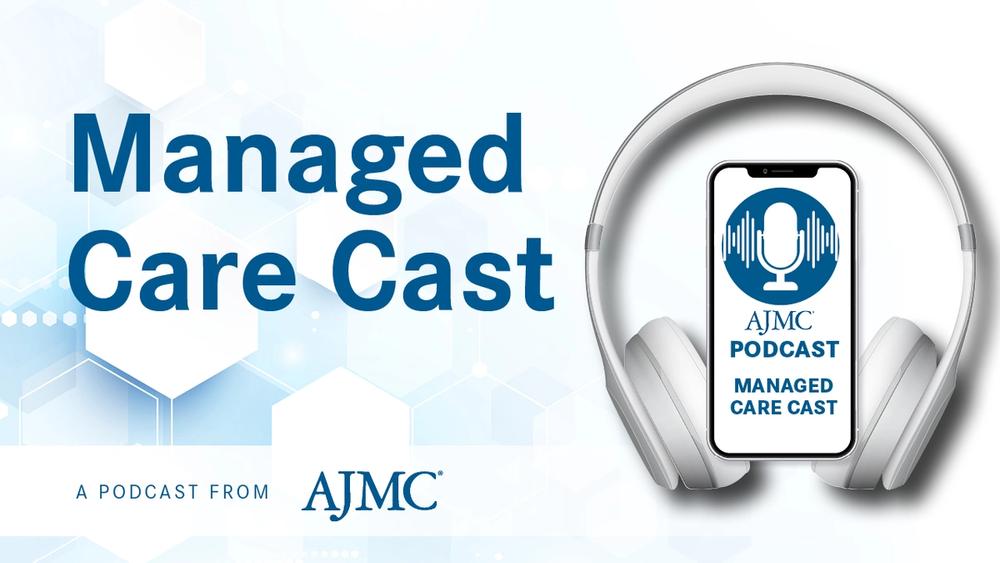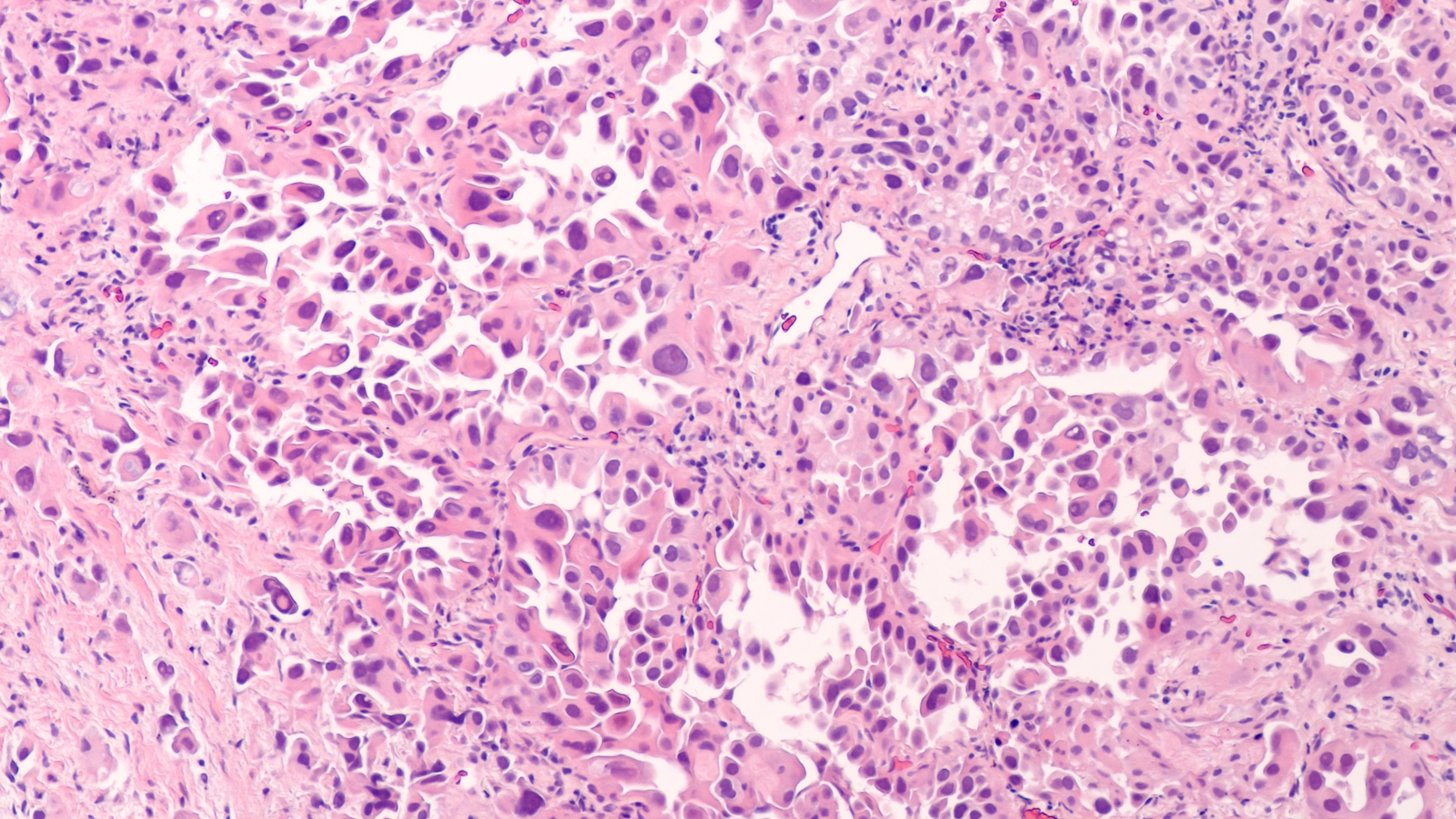Video
Second-Line Systemic Treatment of BCC
Second-line therapy options for BCC treatment are reviewed, and current clinical trials on cemiplimab and pembrolizumab are evaluated.
Transcript
Morgana Freeman, MD: When presented with locally advanced BCC [basal cell carcinoma] or even metastatic BCC, it can sometimes be difficult to identify a second-line therapy, either if the patient progresses on that current systemic treatment, which we know can happen at about the 8 to 10 month range, or if the patient is intolerant of those therapies, which we know can happen even sooner, somewhere in the 6 to 8 month range. In cases where the patient may progress, oftentimes in the era of precision medicine, we’ll biopsy that lesion and then see, based on next-generation sequencing, if there are other targeted approaches that can be made. As an example, we had a case of a patient who had metastatic BCC that had progressed on vismodegib. When we biopsied him, we found that he had a VEGF mutation and put him on pazopanib. He had a great response.
You have to get very creative, however, because there are no proven FDA therapies to use in the second-line setting when talking about BCC. That’s oftentimes also why we exercise the use of VISMO [vismodegib] and sonidegib cautiously. We’ll tend to reserve that more for those cases where the need is readily apparent rather than perhaps use it in an adjuvant setting where we don’t want to breed out a resistant basal cell clone.
I think it’s really interesting and makes sense to talk about immunotherapy in BCC. We’ve seen the remarkable outcomes that we’ve achieved with melanoma and certainly the similarly remarkable outcomes that we’ve seen with CSCC [cutaneous squamous cell carcinoma]. As a sister skin cancer, it makes sense to think about whether it might also work in basal cell carcinoma. There are a couple of trials that are trying to answer this question now. The first is a study of cemiplimab in patients with metastatic or locally advanced BCC who have previously progressed on a hedgehog inhibitor.
So the question there is, does this work as a second-line therapy? That trial is ongoing and again, primarily looking at signals of efficacy but then also signals of safety. The other trial involving pembrolizumab is a different trial design in the sense that they’re looking at patients who are treatment naive, using pembrolizumab as a first-line therapy by itself. But then it also uses pembrolizumab in combination with vismodegib in a similar patient population with similar treatment outcomes. Is there a difference perhaps in using PD-1 [programmed cell death protein 1] as a first-line therapy, or does it make more sense to use those drugs in combination?
From a basic science and translational science standpoint, it makes sense to do hedgehog inhibition first. There was a very interesting study that was published in JAMA Dermatology that looked at biopsy specimens of patients with basal cell carcinoma who had been previously exposed to vismodegib, and those that were vismodegib-naive. What they found in those tumors is that the ones that had been previously treated with a hedgehog inhibitor had higher PD-L1 [programmed death-ligand 1] expression and a higher number of CD8 T-cells. That may imply that the use of a hedgehog inhibitor makes a more favorable immune microenvironment, and therefore makes that patient more likely to respond to immune checkpoint therapy. It’s what we know from a translational study, so obviously the clinical trials will be better suited to help answer those questions in terms of sequence or whether they should be treated with combination.
Omid Hamid, MD: In the second-line setting there are multiple options for patients. I would say that there are next-generation inhibitors of PTCH and smoothen that are coming out that are being evaluated for patients with recurrent or untreated disease. The greatest foray into a therapy that has high response rate, low toxicity, and the promise of similar durations of control of disease is to look into immunotherapy for patients with locally advanced, recurrent, or metastatic basal cell carcinoma.
The paradigm here is similar to the paradigm for cutaneous squamous cell carcinoma. What do I mean by that? These patients have tumors with high mutational loads, and these high mutational loads indicate high neoantigens in the tumor, and the ability to utilize the immune system for therapeutic benefit, response, and tumor control.
Multiple clinical trials are ongoing looking at checkpoint inhibitors, more specifically, the PD-1 inhibitors in basal cell carcinoma. Both of the drugs that we discussed previously as far as PD-1 inhibitors have clinical trials looking at basal cell carcinomas, either untreated or post hedgehog inhibitor, and another subgroup, those who are intolerant to the hedgehog inhibitors because that’s a significant proportion of these patients.
I would also say the same paradigm that is there for patients with lung cancer, melanoma, or kidney cancer, those tumors that are immune responsive, is there for patients with basal cell carcinomas that have failed other therapies, and even immunotherapy. Clinical protocols with combinatorial therapies looking at the ability to increase response rate, increase duration of response, and increase the depth of response are ongoing, and accept patients with locally advanced, unresectable, or metastatic basal cell carcinoma.
Newsletter
Stay ahead of policy, cost, and value—subscribe to AJMC for expert insights at the intersection of clinical care and health economics.





